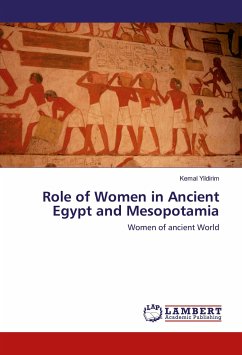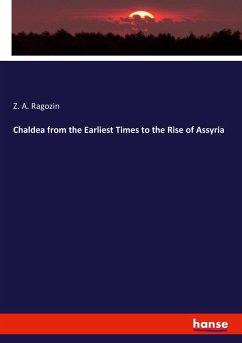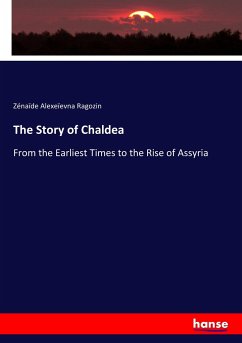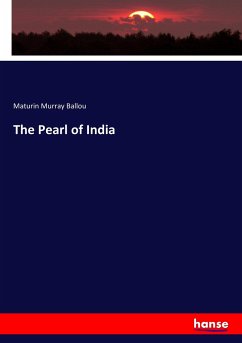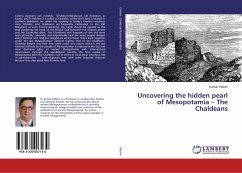
Uncovering the hidden pearl of Mesopotamia - The Chaldeans
Versandkostenfrei!
Versandfertig in 6-10 Tagen
43,99 €
inkl. MwSt.

PAYBACK Punkte
22 °P sammeln!
Caldea, Assyrians call as Kaldu, (Chaldoyé) Babylonian call chaldeans as Kasdu, and in Hebrew it is called as Kasddim, where their land is located in southern Babylonia (so called the territory in today's modern southern Iraq) Chaldea and chaldeans are frequently mentioned in the Old Testament as well. Frankly speaking, the name should be applied to the land bordering the head of the Persian Gulf between the Arabian desert and the Euphrates delta. The Chaldeans and Assyrians of the old were both ethnically, culturally, and linguistically look the same people divided along political and religi...
Caldea, Assyrians call as Kaldu, (Chaldoyé) Babylonian call chaldeans as Kasdu, and in Hebrew it is called as Kasddim, where their land is located in southern Babylonia (so called the territory in today's modern southern Iraq) Chaldea and chaldeans are frequently mentioned in the Old Testament as well. Frankly speaking, the name should be applied to the land bordering the head of the Persian Gulf between the Arabian desert and the Euphrates delta. The Chaldeans and Assyrians of the old were both ethnically, culturally, and linguistically look the same people divided along political and religious allegiances where those tribes lived together under the last Mesopotamian national regime, that of the Chaldeans. Chaldean Empire was their final name under one nation which is the last national self-rule by the people of Mesopotamia. It represents the last and most illustrious glory of ancient Mesopotamia with international repercussion through the agesBabylon became the final capital ofMesopotamia With the Chaldean rule in terms of its political structure and its administration , both religiously and with some linguistic features because they also speak Neo-Aramaic land.




